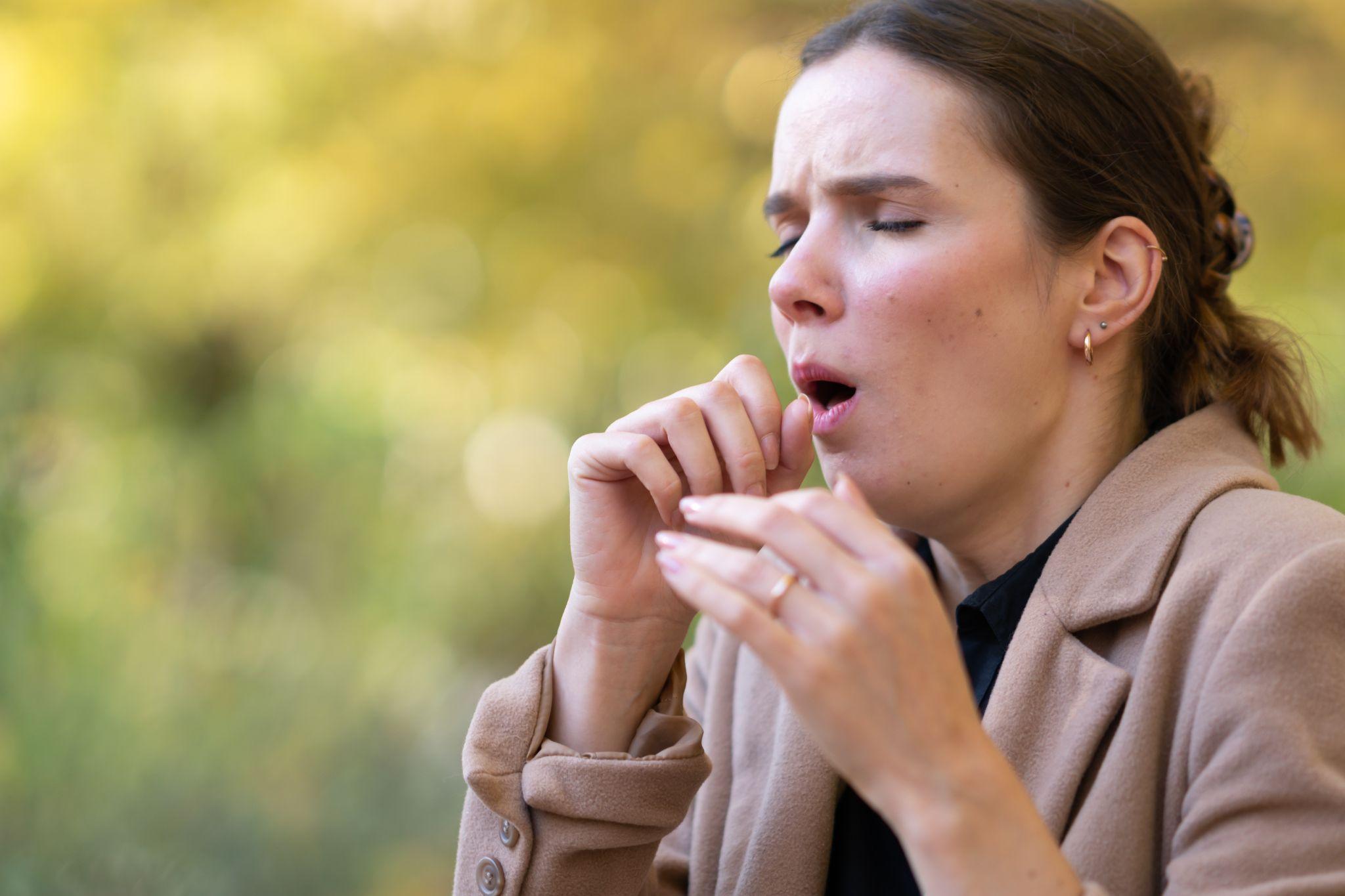Substance use disorders in teens are a growing concern that can lead to serious physical, emotional, and social consequences. Here’s what the numbers show:1
- 1 in 8 teenagers engaged in illicit substance use over the past year.
- 61% of an increase in drug consumption occurred among 8th graders between 2016 and 2020.
- 62% of 12th graders have reported alcohol abuse.
- 50% of teenagers have experimented with drug misuse at least once.
As parents, educators, or caregivers, understanding the early warning signs of substance abuse in teens is crucial for timely intervention and support.
At Lumina Recovery, we aim to shed light on these early indicators, helping you recognize them in teenagers. Remember, early detection and a supportive approach can make a significant difference in a young person’s life.
8 Red Flags Your Teen Is Abusing Drugs or Alcohol
Recognizing the warning signs of substance abuse in teens is crucial for early intervention. Below are key indicators that may suggest your teen is struggling with drug or alcohol use:
1. Changes in Social Circles
One of the most noticeable early warning signs of drug use in teens is a shift in their social interactions. Peer pressure plays a significant role in this transition, as teens may feel compelled to use substances to fit in or gain acceptance from a particular group.
Adolescents experimenting with drugs or alcohol might gravitate towards peers who have similar habits or who exert influence over them to try these substances. This change can be a defensive mechanism to avoid judgment or to feel accepted in a new group that shares their risky behaviors.
Be observant if your teen suddenly changes their friend group, especially if they are reluctant to talk about these new friends or introduce them. A stark contrast in the demeanor, attitudes, or behaviors of these new peers compared to their previous friends can be a red flag.
Additionally, if your teen starts avoiding family gatherings or events they used to enjoy with their old friends, it might indicate they are moving in circles where substance abuse is more common.
2. Altered Appearance and Hygiene
Signs a teenager is using drugs often include noticeable changes in their personal appearance and hygiene. Substance abuse can significantly impact a teen’s interest in grooming habits, often leading to apathy towards their appearance. This might also be a sign of deeper psychological impacts, such as depression or low self-esteem.
A decline in grooming habits and personal cleanliness is a critical sign. In some cases, wearing inappropriate clothing, like long sleeves during hot weather, might be an attempt to hide needle marks or other physical signs of drug use.
3. Mood Swings and Behavioral Changes
Drugs and alcohol can significantly alter a teenager’s brain chemistry, leading to mood swings and behavioral changes. These substances can exacerbate or even mimic symptoms of mental health issues such as depression or anxiety. This makes it difficult to distinguish between substance-induced behaviors and other potential psychological conditions.
Be aware of sudden and drastic changes in mood in your son or daughter, such as unexplained aggression, irritability, hyperactivity, or withdrawal from family and usual activities. Also, watch for signs of drug abuse in teenagers, like prolonged sadness or loss of interest in activities they used to enjoy. Checking your teen’s social media for unusual activity can also be indicative of substance abuse.
4. Decline in Academic and School Performance
A decline in academic performance is a common and significant indicator of potential substance abuse in teenagers. As their focus shifts towards substance use, their interest and ability to keep up with school responsibilities often diminish.
Watch for a drop in grades or a sudden disinterest in schoolwork and projects. Regularly skipping school or classes, frequent tardiness, and a lack of participation in class are also warning signs.
Additionally, if the teen faces disciplinary actions at school, such as detentions or suspensions, which are out of character for their usual behavior, it might indicate underlying issues, including possible substance abuse.
5. Secretive Behavior and Lying
Teens abusing substances often become secretive about their activities as a way to hide their behavior from family and authority figures. This secrecy is compounded by a tendency to lie or give evasive answers about their whereabouts, activities, and the people they’re spending time with. Such behaviors are often driven by a mix of guilt, fear of being caught, and the desire to continue their substance use undisturbed.
Be alert to changes in how your teen communicates about their daily life. If they become unusually secretive, avoiding questions, or if their explanations about where they have been or who they are with seem implausible or inconsistent, these could be red flags. Defensive behavior when questioned about these discrepancies is also a common sign.
6. Physical Health Indicators
Signs of substance abuse in teens often include various physical health symptoms depending on the type of substance used. These symptoms can range from general changes in physical appearance to more specific symptoms related to particular types of substances. Always check with a healthcare provider about any physical indications of substance abuse.
Some general physical signs include unexplained weight loss or gain, changes in eating habits, and deterioration in physical appearance. Look for more specific symptoms like red or glazed eyes, a persistent cough (especially if they’re smoking substances), frequent nosebleeds (which can be a sign of snorting drugs), or unexplained bruises or marks on the body.
7. Changes in Sleeping Patterns
Substance abuse can significantly disrupt a teen’s natural sleep patterns. Depending on the substance, it can either lead to insomnia or excessive sleepiness. These changes are often a direct result of how certain substances interact with the brain and body, altering the natural sleep-wake cycle and impacting overall health and well-being.
8. Money Issues
Substance abuse can lead to financial issues due to the costs involved in maintaining the habit. Teens may start to require more money without a clear explanation, or they might resort to stealing money or valuable items from home. These behaviors are often driven by a desperate need to fund their substance use, which can become a dominant priority over time.
Commonly Abused Substances Among Teens
Understanding which substances teens commonly misuse can help parents and educators recognize the signs of drug use in students. From alcohol to prescription medications, teens may experiment with a variety of substances, often leading to harmful consequences:
- Alcohol: The most commonly abused substance among teens.
- Marijuana: Often perceived as harmless but can lead to dependency.
- Prescription Drugs: Such as opioids, stimulants, and sedatives.
- Nicotine & Vaping Products: Increasingly popular among teens.
- Cocaine & Methamphetamine: Less common but highly addictive.
Risk Factors for Teen Substance Abuse
Recognizing the risk factors that contribute to addiction can help caregivers take preventive steps. If a teen is exhibiting signs of using drugs, understanding these underlying influences can be crucial in providing early intervention:
- Family history of addiction
- Mental health disorders such as depression or anxiety
- Peer pressure and social environment
- Early exposure to substance use
- Lack of parental supervision
Find Solutions for Teen Substance Abuse With Lumina Recovery
Recognizing the early warning signs of teenage drug addiction is the first step in supporting recovery. If you notice these signs, approach the situation with empathy and concern rather than accusation, fostering an environment where your teen feels safe seeking help. While we do not treat minors, we understand the importance of early intervention and can help guide families toward the right resources.
Reach out today to seek help for your adult teen struggling with substance abuse.
Source:



